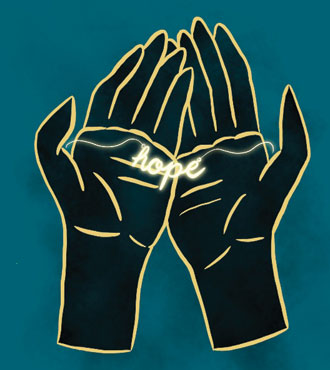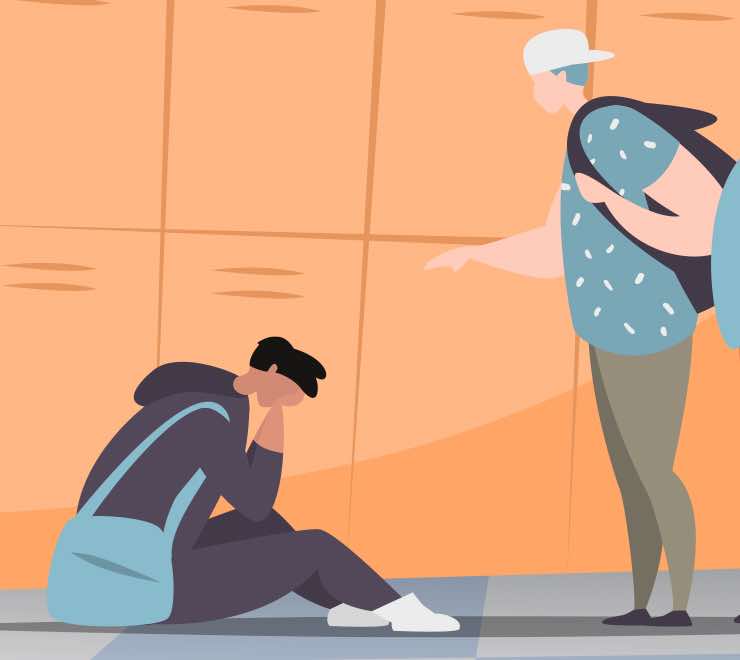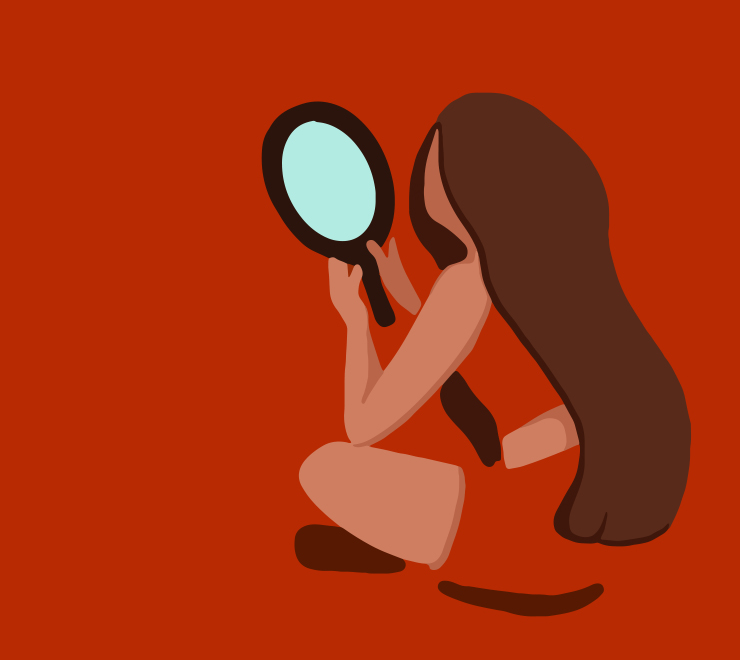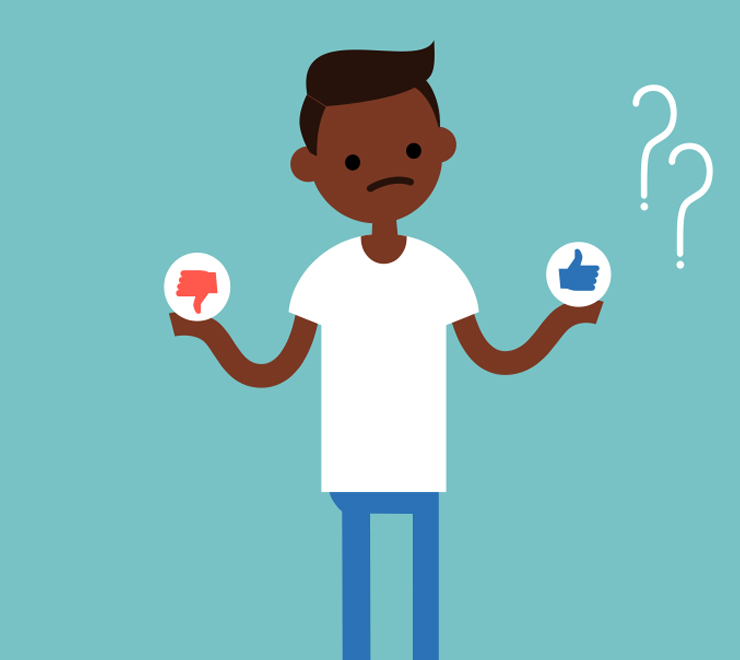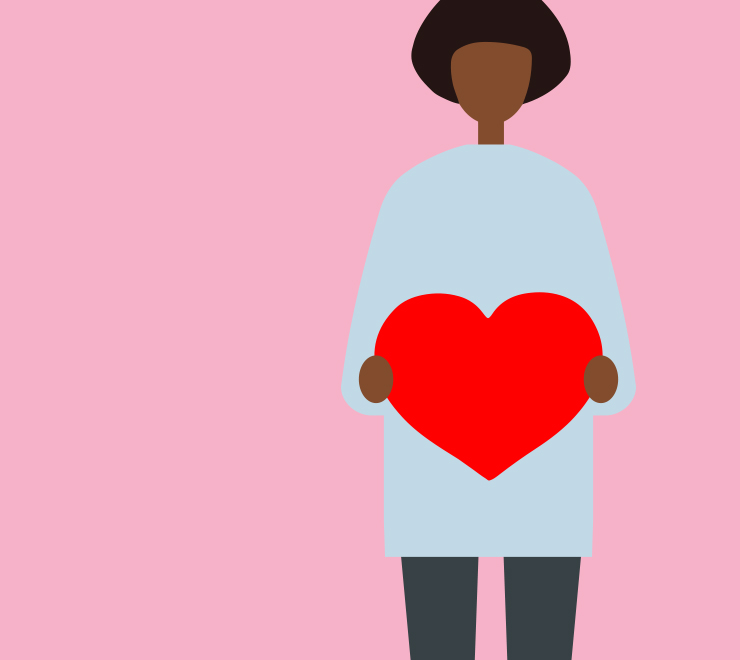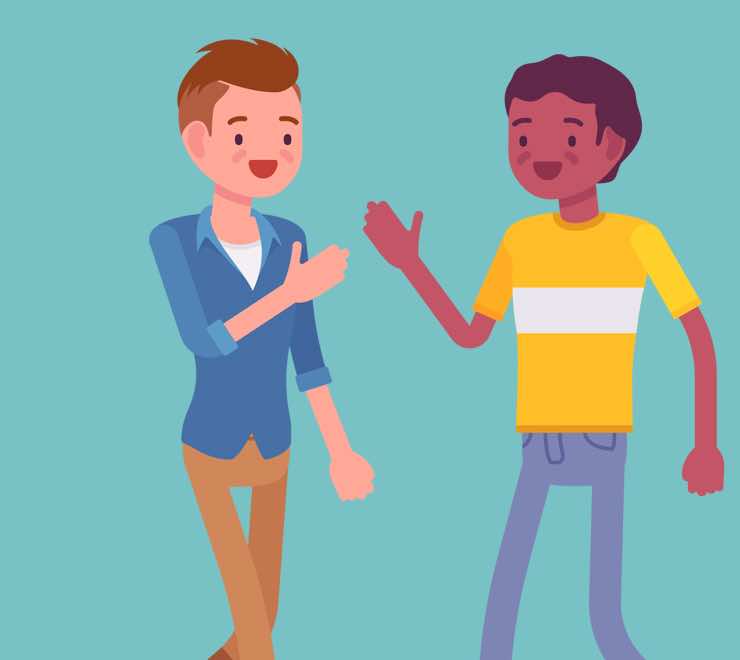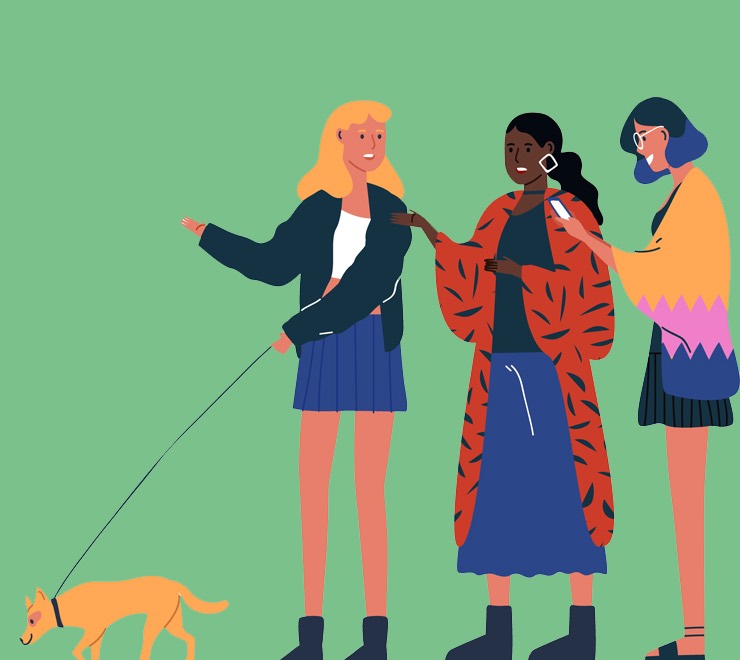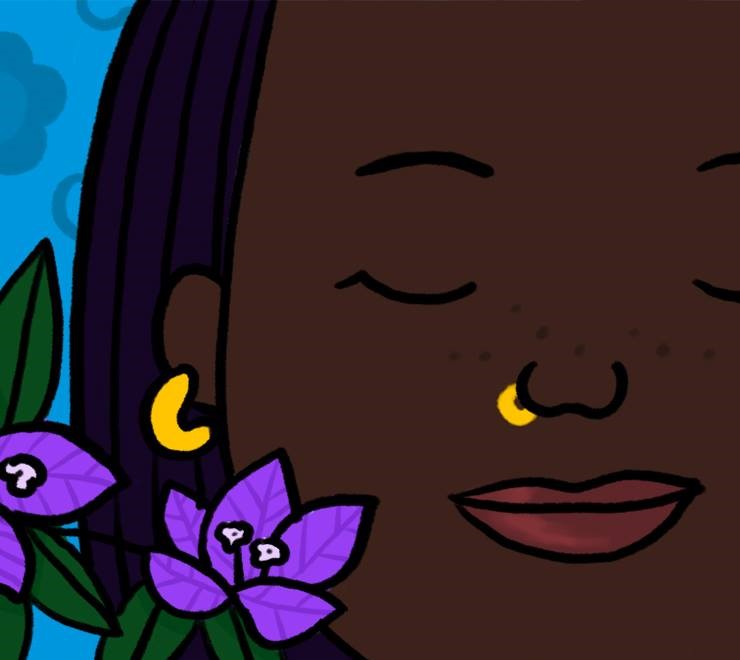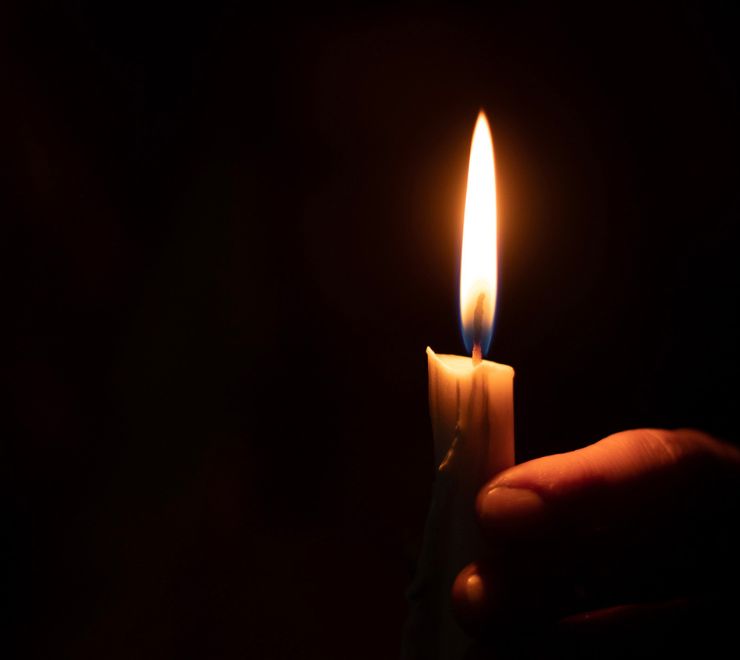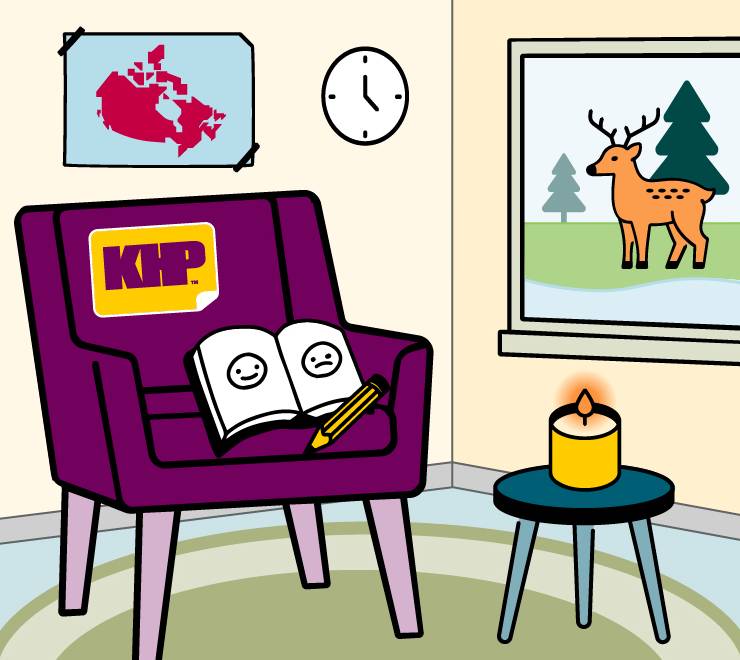This story was written by a member of Kids Help Phone’s National Youth Council (NYC).
Culture, to me, has always seemed like the most elusive thing. How do you define a set of values, beliefs and ideas that seem to be shifting constantly without any geographical or historical borders? Every religion, race and nationality has its own cultural values and philosophies, all of which are difficult to restrict to a single definition. It’s perhaps this elusiveness that makes culture so inseparable from mental health — the two seem to work hand in hand.
As an immigrant who grew up in Eastern culture for the first half of my life, and Western culture for the second half, I can certainly say that different cultures have very different views on mental health. My conservative parents often regard struggles with mental health as an entirely internal problem — an issue that doesn’t deserve attention. Even in passing conversations, they consider it taboo to discuss important mental health issues in public. Thankfully, the general perspective is different in our society, but there is still stigma attached to mental ill-health as a result of different cultural values.
For example, in certain cultures, there can be negative attitudes and beliefs motivating groups to reject and avoid people struggling with mental ill-health. When I immigrated to Canada, I found it difficult to talk to my parents about any mental health challenges I was facing, out of fear they would criticize me and label me as “weak.” In response to the cultural stigma, I began to internalize the criticism, often hiding my symptoms and feeling ashamed to seek any help. My hope is that with increased awareness and education, the negative outlooks that certain cultures have about mental ill-health could be alleviated and ultimately eliminated.
In the end, to me, the popular phrase “culture is king” is no more true than when it concerns mental health. Culture has been one of the biggest — if not the biggest — influencer on how our society views mental ill-health and how we choose to treat mental disorders. I still struggle with my beliefs when my parents’ outlook on mental health varies so drastically from my own. The fact that we grew up in different cultures means that, inevitably, our views differ.
In North America, we have come a long way since the 1960s, a time when mental disorders and the people who struggled with them were deeply stigmatized in movies and books. Despite the progress, however, it’s important to realize the residue of stigma that still remains in our conversations about mental health, especially those informed by negative cultural attitudes and beliefs. Changing our cultural perceptions of mental health could profoundly affect how people dealing with mental ill-health reach out for support. It would be especially helpful for immigrants like myself who are struggling to reconcile their previous cultural views with new perspectives. Remember, Kids Help Phone is available 24/7 for anyone who wants to talk!




